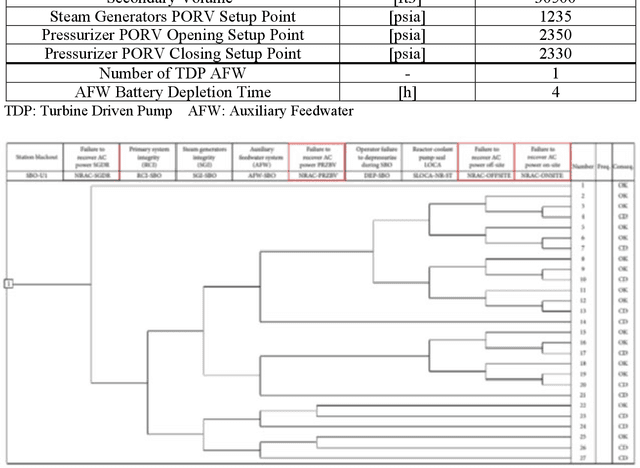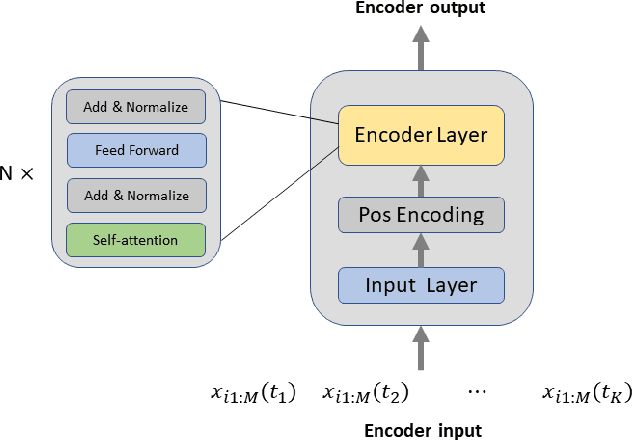Yassin Hassan
An AI-Driven Thermal-Fluid Testbed for Advanced Small Modular Reactors: Integration of Digital Twin and Large Language Models
Jul 08, 2025Abstract:This paper presents a multipurpose artificial intelligence (AI)-driven thermal-fluid testbed designed to advance Small Modular Reactor technologies by seamlessly integrating physical experimentation with advanced computational intelligence. The platform uniquely combines a versatile three-loop thermal-fluid facility with a high-fidelity digital twin and sophisticated AI frameworks for real-time prediction, control, and operational assistance. Methodologically, the testbed's digital twin, built upon the System Analysis Module code, is coupled with a Gated Recurrent Unit (GRU) neural network. This machine learning model, trained on experimental data, enables faster-than-real-time simulation, providing predictive insights into the system's dynamic behavior. The practical application of this AI integration is showcased through case studies. An AI-driven control framework where the GRU model accurately forecasts future system states and the corresponding control actions required to meet operational demands. Furthermore, an intelligent assistant, powered by a large language model, translates complex sensor data and simulation outputs into natural language, offering operators actionable analysis and safety recommendations. Comprehensive validation against experimental transients confirms the platform's high fidelity, with the GRU model achieving a temperature prediction root mean square error of 1.42 K. This work establishes an integrated research environment at the intersection of AI and thermal-fluid science, showcasing how AI-driven methodologies in modeling, control, and operator support can accelerate the innovation and deployment of next-generation nuclear systems.
Deep Transformer Networks for Time Series Classification: The NPP Safety Case
Apr 18, 2021



Abstract:A challenging part of dynamic probabilistic risk assessment for nuclear power plants is the need for large amounts of temporal simulations given various initiating events and branching conditions from which representative feature extraction becomes complicated for subsequent applications. Artificial Intelligence techniques have been shown to be powerful tools in time-dependent sequential data processing to automatically extract and yield complex features from large data. An advanced temporal neural network referred to as the Transformer is used within a supervised learning fashion to model the time-dependent NPP simulation data and to infer whether a given sequence of events leads to core damage or not. The training and testing datasets for the Transformer are obtained by running 10,000 RELAP5-3D NPP blackout simulations with the list of variables obtained from the RAVEN software. Each simulation is classified as "OK" or "CORE DAMAGE" based on the consequence. The results show that the Transformer can learn the characteristics of the sequential data and yield promising performance with approximately 99% classification accuracy on the testing dataset.
 Add to Chrome
Add to Chrome Add to Firefox
Add to Firefox Add to Edge
Add to Edge